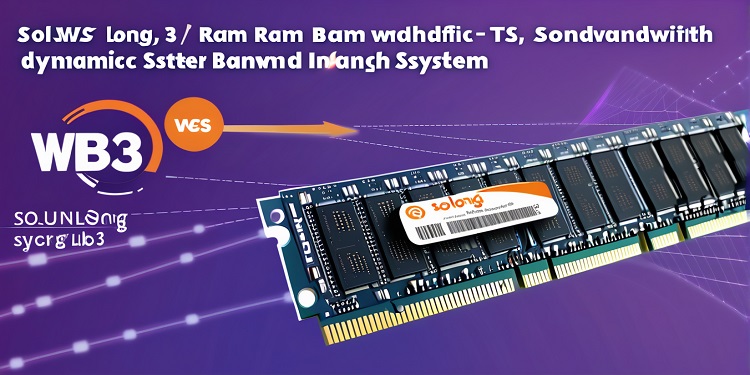 In 2022, Safi Protocol emerged as a groundbreaking blockchain platform in Kenya, seamlessly connecting the decentralized finance (DeFi) sector with qualified real-world clean energy clients across Africa. Co-founded with a vision for sustainability, carbon finance, and blockchain technology, Safi Protocol has successfully addressed a critical market gap, facilitating innovative investment opportunities for DeFi participants and providing much-needed funding avenues for clean energy projects.
In 2022, Safi Protocol emerged as a groundbreaking blockchain platform in Kenya, seamlessly connecting the decentralized finance (DeFi) sector with qualified real-world clean energy clients across Africa. Co-founded with a vision for sustainability, carbon finance, and blockchain technology, Safi Protocol has successfully addressed a critical market gap, facilitating innovative investment opportunities for DeFi participants and providing much-needed funding avenues for clean energy projects.
Creating Synergy Between DeFi and Clean Energy
Safi Protocol’s core mission is to facilitate easy access to clean energy solutions for individuals and businesses while creating a mutually beneficial scenario for cryptocurrency investors and clean energy projects. George Mosomi, co-founder and head of operations, emphasized that the platform’s unique approach establishes a win-win situation, promoting both sustainability and financial growth.
Filling the Funding Gap for Clean Energy Projects
The genesis of Safi Protocol traces back to the identification of a significant market void, particularly in Africa, where clean energy projects often face challenges securing funding due to limited access to global capital markets. Traditional financing methods, known for their intricacies and time-consuming nature, prompted the Safi Protocol team to bridge this gap by connecting clean energy projects with DeFi investors seeking opportunities beyond conventional assets.
Strategic Growth and Successful Funding Rounds
Safi Protocol embarked on its journey by initially bootstrapping its minimum viable product (MVP) and subsequently securing a successful pre-seed round from early advisors. According to Mosomi, this capital played a pivotal role in platform development and expansion. Operating in Kenya, Uganda, South Africa, and Nigeria, Safi Protocol has garnered significant interest from both cryptocurrency investors and clean energy projects, onboarding 50 projects within its first year.
Strategic Expansion and Market Presence
The current operational scope of Safi Protocol spans four African countries, with plans to consolidate its presence in Kenya, Uganda, South Africa, and Nigeria. Mosomi outlined the company’s expansion strategy, highlighting Zambia, Malawi, and Ghana as top priorities. Safi Protocol aims to explore opportunities in regions confronting similar energy challenges and witnessing a growing interest in DeFi.
Revenue Generation and Future Sustainability
Safi Protocol’s revenue model revolves around transaction fees and additional value-added services on its platform, including asset management and the collateralization of sustainability assets. Mosomi emphasized that this approach enables users to leverage real-world assets for access to a broader spectrum of financial services. While acknowledging the early stage of the venture, Mosomi expressed confidence in the steadily increasing revenue streams, anticipating profitability in 2024 as the user base continues to grow.
In conclusion, Safi Protocol stands at the forefront of innovation, intertwining the realms of DeFi and clean energy investments in Africa. With a commitment to sustainability, strategic expansion plans, and a clear path to profitability, Safi Protocol exemplifies the potential for blockchain technology to address pressing challenges and foster positive change in emerging markets.








